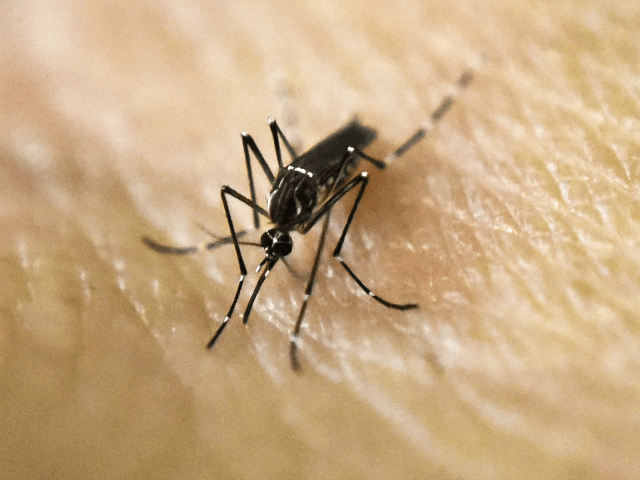Since October, doctors have discovered over 7,000 Zika cases on Cape Verde, an island located off the coast of Senegal.
Clinics have diagnosed 100 pregnant women with the virus, but doctors report no one has found evidence of microcephaly in any scans. Microcephaly occurs when the brain does not form properly during the pregnancy or after birth, leading to smaller than normal heads.
The discoveries have instilled fear into experts that the disease might spread to Africa, returning after two Scottish scientists discovered it in Uganda 70 years ago.
The Centers for Disease Control (CDC) placed Cape Verde on its travel warning list at the Level 2 alert, urging travelers to “practice enhanced precautions.”
“Cape Verde has historical links with Brazil and it seems very likely it has got there from Brazil,” explained Zika expert Nick Beeching of the Liverpool School of Tropical Medicine.
He believes the virus will land on the mainland due to “regular flight connections from the Atlantic islands.” More than 20 breeds of mosquitoes call the continent home, but scientists report only the Aedes aegypti mosquitoes are known to carry Zika. While primarily found in Africa, Aedes aegypti lives in all but two nations on the Western Hemisphere. (Chile and Canada are the exceptions.) The species also carries dengue, yellow fever, and chikungunya.
The World Health Organization (WHO) said the disease “appears to have changed in character.” Mary Kay Kindhauser said the virus mutated “as it moved through Asia – from an infection causing limited cases of mild illness to one leading to large outbreaks and, from 2013 onwards, linked to babies born with neurological disorders and abnormally small heads.”
“There are a few genetic differences between the African and Asian lineages, and it looks like the Asian lineages may be better able to transmit and flourish in a human population,” said Jimmy Whitworth of the London School of Hygiene and Tropical Medicine.
Beeching said the dengue fever caused by the mosquitoes “had four recognized strains and there was only limited and temporary cross-protection between them.” Scientists also do not have any past evidence or cases of microcephaly or the rare Guillain-Barré syndrome, which has also been linked to Zika in South America.
Following the outbreak of Zika, Brazil has discovered more than 4,000 cases and is diagnosing an average of 200 cases a week. In 2015, the country tracked an excess of 2,400 cases, compared to the 147 in 2014.
Brazilian doctors have asked women to delay pregnancy in light of the outbreak. “It’s a very personal decision, but at this moment of uncertainty, if families can put off their pregnancy plans, that’s what we’re recommending,” stated Angela Rocha, the pediatric infectologist at Oswaldo Cruz Hospital in Brazil.
Colombia has confirmed 3,100 cases of pregnant women with the Zika virus, but no cases of microcephaly. Colombian officials have also urged women to delay pregnancy due to the outbreak.
“It is recommended that women postpone — to the extent possible — the decision to become pregnant until the country can move out of the epidemic phase of the Zika virus,” pleaded the Health Ministry.

COMMENTS
Please let us know if you're having issues with commenting.